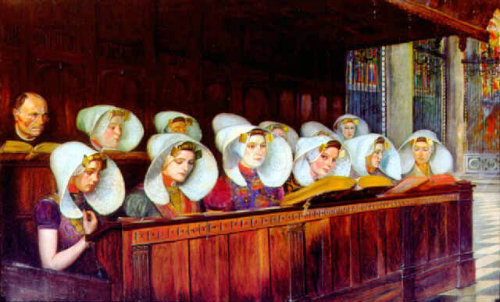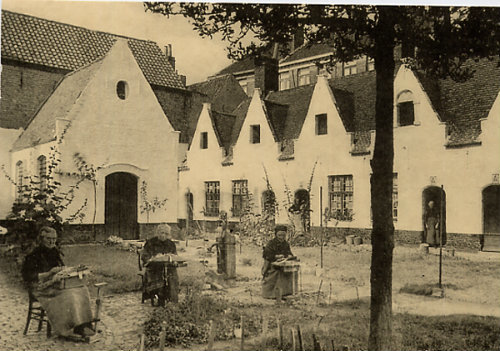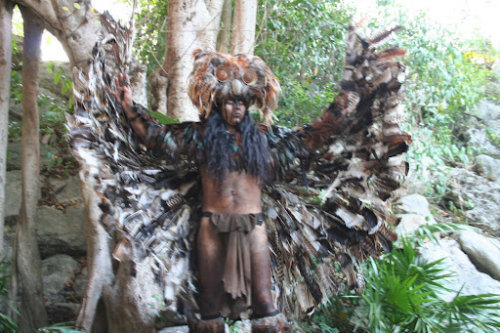What do you think?
Rate this book


640 pages, Hardcover
First published March 26, 2009



St. Diuma's Day: Seventh-century Irish Bishop who was famed for converting the pagan Mercians in England to Christianity, but after the Bishop's death it was widely claimed that the pious Diuma or Diona was in fact a woman.
“Those who cannot remember the past are condemned to repeat it." - George Santayana
“You have already excommunicated half the village because they will not pay their tithes. So why wouldn't they come to us? Can you excommunicate them twice over? As for the sick, most are here because the Mother Church in her great charity has already damned them and driven them out. The churches are emptier than a pauper's purse and little wonder, for men get more solace from the alewives than from their priests. More stand now outside your church than within it. What difference does it make if you forbid them burial in your churchyard, since they cannot afford the soul-scot you charge them to be buried there? Those who still look to God make their prayers far away from the church, where the air is sweeter and their voices are not smothered beneath your hypocrisy and greed.”